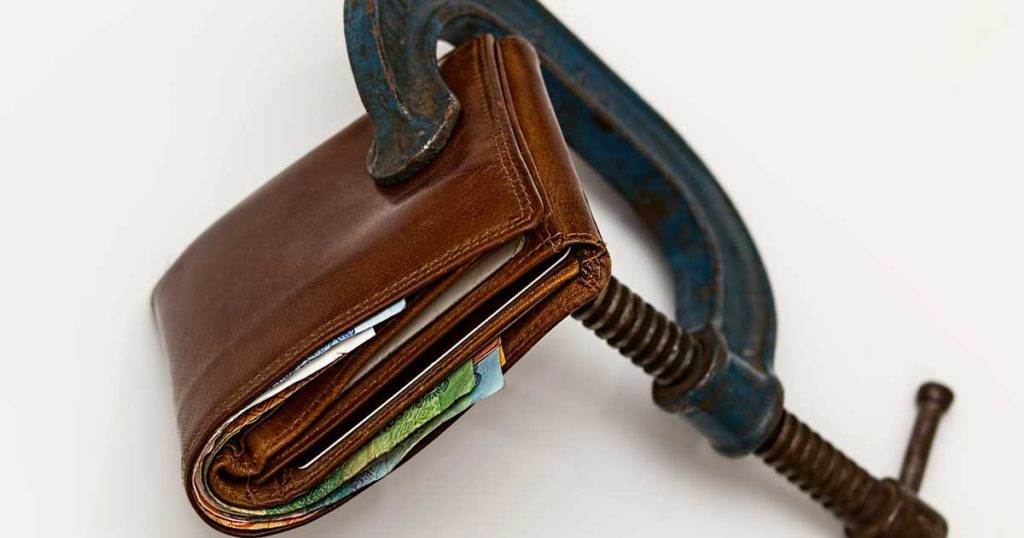If you have read newspapers, watched television or scanned the Internet in the past four years, you would know our economy took a hit. And while young adults continue to choose college after high school, the job market has slumped, not providing the needed income to pay bills and student loans.
With all these new hardships that young adults are facing, investing is probably the furthest thing from their minds. However, that is the wrong approach to financial security.
However, where does a young adult start? Well, one step at a time is a great approach.
Create a budget
The most important thing is to create a budget. First, figure out how much you make. Then make a list of all your expenses: rent, electricity, water, student loan bills, credit card bills, gym memberships, etc. Then make another list of necessities and other spending, such as food, gas, clothing and entertainment, to name a few.
Like many 20-somethings, you will probably see that you are spending more than you are making; trying to “keep up with the Joneses.”
Then here comes the difficult part: Try to cut things you don’t need. Start with food: do you need that daily latte or can you make it yourself? Then look at areas such as cable, which can be switched to Netflix, another service or free videos online; how often do you go out or buy clothes and cut that in half. And do you really use that gym membership? If yes, see if you can get a discount; if not, get rid of it and go out for a run at the park.
Discounts are another key to savings. As a young, poor adult, there are many programs that can help you pay your bills, such as loan payback programs, reduced gym memberships and shopping around for the best deal for things such as car insurance.
Savings account
Once you have created this budget and reduced some of your expenses, start saving. Open a savings account, preferably a high-yielding one, and start automatically deducting an amount each paycheck. It can be as little as $10, because that can add up to $260 at the end of the year. You won’t even miss that amount if it is gone before you can use it. Try to increase the amount when you can, especially if a bill is lower than normal. Recently, an electric bill came in $25 less than the normal amount paid. That $25 is going right into savings, because otherwise it will be spend on nonessentials.
Retirement
As hard as it is to fathom taking money out of your paycheck before you even get it, putting money into a 401K or IRA is key for your future. The earlier you start, the less pressed for time you will have in the future, so you can retire comfortably. With the possibility of Social Security gone by our time of retirement, the 401K or IRA is the most important part for your financial future.
First, see if your company has a program and the policies for the program. A lot of companies offer a percentage match to what you put in, but it might take a few years to get the full money. However, that shouldn’t prevent you from saving.
Now, figure out how much you can take out of each paycheck without going broke. It usually assessed by percentages, with 3 to 5% as a safe bet. If you can increase that, then go for it. If you want to take it safe, you can always increase your percentage in the future.
The great thing about this is, it is pretax money, so you are getting taxed on a less amount of money each paycheck, giving you more for bills.
If your company doesn’t have a 401K program, look into an IRA or Roth IRA. These are through the bank but serves the same purpose. The only downside is no matching program that a company would provide.
Other Investments
If you are in a safe place with your finances, the next step is looking into other investments. Do your research and see what type of risk you are willing to try. There are CDs, high-yielding accounts, money market accounts and ETFs, to name a few.
Read financial newspapers, visit money.msn.com often, and pick up some books that could help you figure out where to go next.
If you want to hire an investor, that might be a good move if you are willing to pay them to help you. Make sure you know all the fees upfront and don’t let them fool you. Trust your instincts, and if it doesn’t feel right, don’t force yourself to go through with it out of kindness.
With everything, just take your time and once step at a time for a great financial future.



